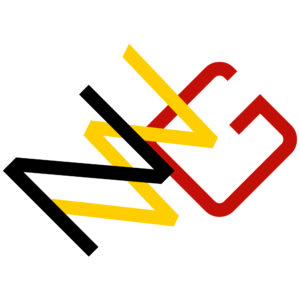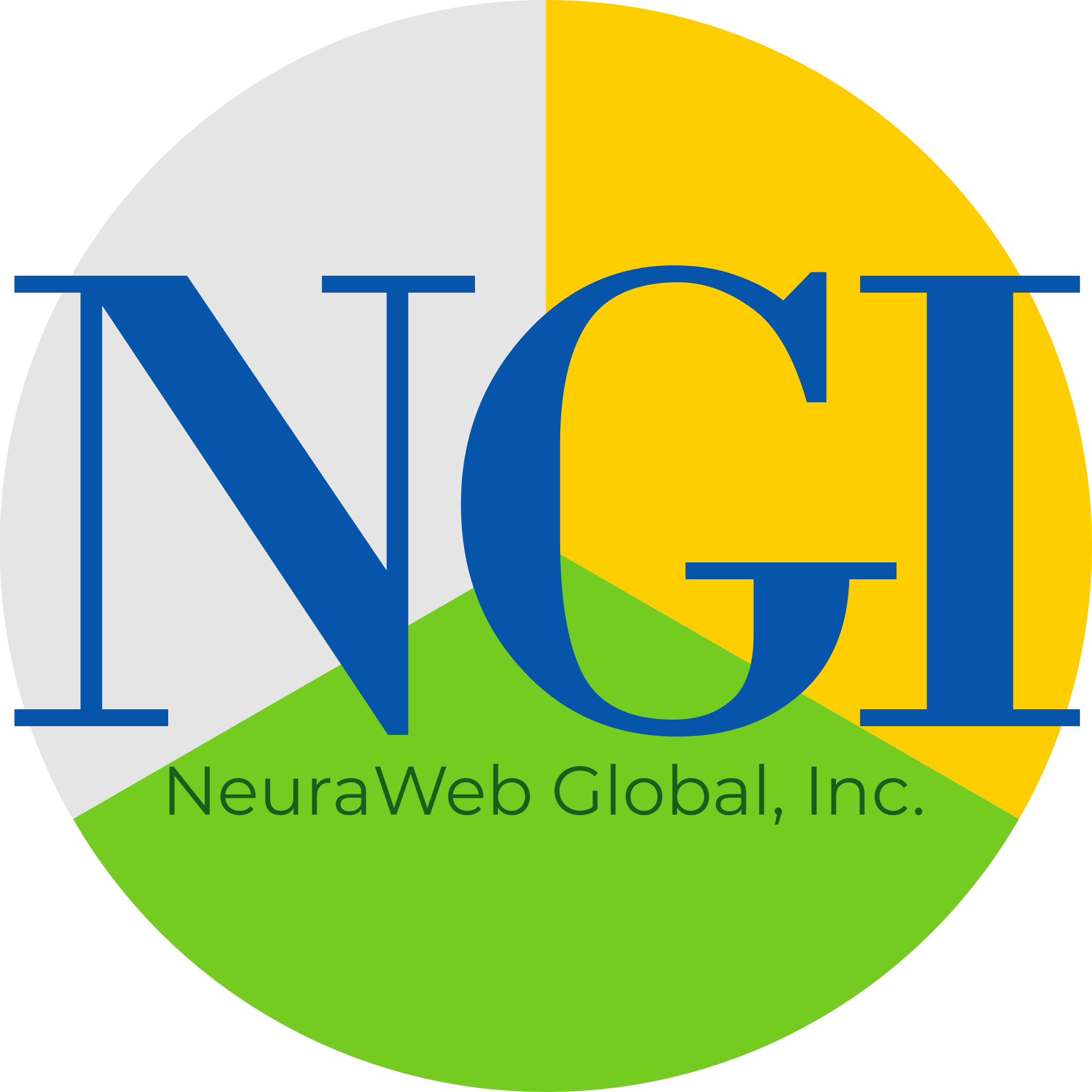Understanding Decentralized Autonomous Organizations (DAOs): The Future of Collective Governance?
 In the evolving world of blockchain technology, Decentralized Autonomous Organizations (DAOs) represent a groundbreaking shift in how communities organize and operate without central authority. Often called Decentralized Autonomous Corporations (DACs), DAOs are member-owned entities governed by smart contracts on blockchain networks, where voting and financial decisions are handled transparently through digital ledgers.
In the evolving world of blockchain technology, Decentralized Autonomous Organizations (DAOs) represent a groundbreaking shift in how communities organize and operate without central authority. Often called Decentralized Autonomous Corporations (DACs), DAOs are member-owned entities governed by smart contracts on blockchain networks, where voting and financial decisions are handled transparently through digital ledgers.
A Brief History
The concept of DAOs dates back to the 1990s, but it gained traction in 2013. While some view Bitcoin as the first DAO due to its decentralized nature, modern DAOs emerged with Ethereum’s 2015 launch, which provided the Turing-complete platform needed for complex smart contracts.
How DAOs Work
At their core, DAOs rely on blockchain to eliminate trusted third parties. Members hold tokens or NFTs that grant voting rights, allowing them to propose and vote on changes. Contributions are tracked and often rewarded, fostering collaboration. However, inactive token holders can hinder decision-making.
Legal Landscape
DAOs’ legal status remains murky and varies by jurisdiction. Wyoming led the way in 2021 by recognizing them as legal entities, with the American CryptoFed DAO as the first example. In the U.S., the SEC has scrutinized some DAOs as unregistered securities, potentially treating them as general partnerships.
Key Advantages
DAOs offer exciting benefits, including open platforms for controlling personal data, cost savings by removing intermediaries, and enabling peer-to-peer collaborations. They could even replace traditional systems like public records for deeds or titles, promoting greater efficiency and inclusivity.
Challenges and Risks
Despite the promise, DAOs face hurdles like token concentration leading to power imbalances, inactive voters stalling progress, and security vulnerabilities. The infamous 2016 hack of “The DAO” resulted in a $50 million loss, resolved only through a controversial Ethereum fork. Other issues include coups, as seen in the 2022 Build Finance DAO takeover.
In summary, DAOs embody the potential for truly democratic, blockchain-driven organizations, but they require robust governance and security to thrive. As technology advances, they could redefine everything from business to social initiatives—watch this space!
